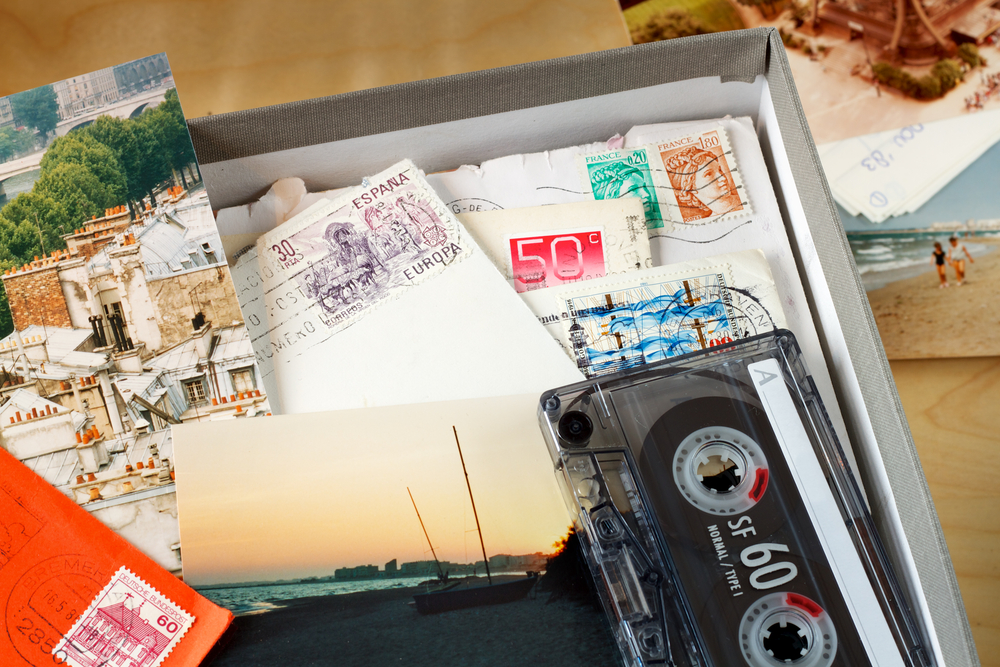Tourism and the Sensory Self
Now that winter is hopefully coming to a close, you can start to look forward to Spring and lighter evenings ahead. Often this is the time that people start to think about their summer holidays. Of course, when you are caring with a loved one who has dementia, going on holiday may seem a bit more difficult to contemplate and a little daunting. This may be due to your loved one feeling more disorientated in time and place, struggling with their memory and generally feeling more confused by their surroundings.
A diagnosis of dementia doesn’t necessarily mean that you have to stop going on holiday
A diagnosis of dementia doesn’t necessarily mean that you have to stop going on holiday but that you will need to consider a few things. A person who has dementia may need some extra support and reassurance when in unfamiliar surroundings and I would recommend that you go with other members of the family or good friends. Plan ahead and do some research about places to visit and if you have any specific needs such as difficulty with mobility ask to speak to the travel agent or local tourist board about access. If using public transport, book ahead and make sure that you have seats together, it is better to explain to the travel providers your needs in order to avoid any possible difficulties. If you are keen to go on holiday but feel a little nervous or don’t have any support from others ” Dementia Adventure” and “Mind For You” specialise in holidays for people living with dementia. The providers have personal experience of caring for a loved one with the condition and all their staff are trained. They provide an enjoyable alternative to respite care, making sure that both your needs and wants are catered for.
https://dementiaadventure.org/holidays/
A novel alternative to going on holiday
If on the other hand you feel that going on holiday would be too stressful, a multisensory holiday reminiscence activity can be an enjoyable way to spend some time together at home. Whilst it is no substitute for a holiday, my research has shown how creating your own multi-sensory Suitcase of Memories can bring some joy into your day to day lives and reignite the spark with your loved one. Involve the family, often they are not sure what to do to help, here is the perfect opportunity.
- Gather together old holiday photographs
- Scan your photographs or if digital they can be uploaded onto Windows Movie Maker (free software) and you can upload sounds to add to it to make a short film.
- Find an old box (use it as a rummage /memory box) and fill it with holiday memorabilia such as clothes, hats, scarves, souvenirs, brochures, menus etc
- Include shells, some grains of sand, the touch of these objects can help the person who has dementia to re connect with the world around them
- Think of smell, what reminds you of holidays – sun cream can evoke positive memories, certain perfumes and after shaves
- What about the food and drink you associate with holidays – involve your family, bring the picnic basket in, put the rug out. Maybe its strawberries and cream, or fish and chips
Tourism and the Sensory Self at Swansea University
By involving the senses, you and your loved one can feel more intune with each other without the pressure of thinking too much. Just to go with the flow and enjoy sights, sounds, touch, smell, taste and movement will bring you some joy together. Put music on from your holiday memories, it could be incorporated in your film.
If you want to learn more about creating your own Suitcase of Memories please contact me on jane@ftlid.co.uk
and you can read Chapter Four Staying connected through life stories, how to re-connect by creating your life stories that you can enjoy together in Finding the Light in Dementia, a Guide for Families, Friends and Caregivers.
Click here for Finding the Light in Dementia, a Guide for Families, Friends and Caregivers

